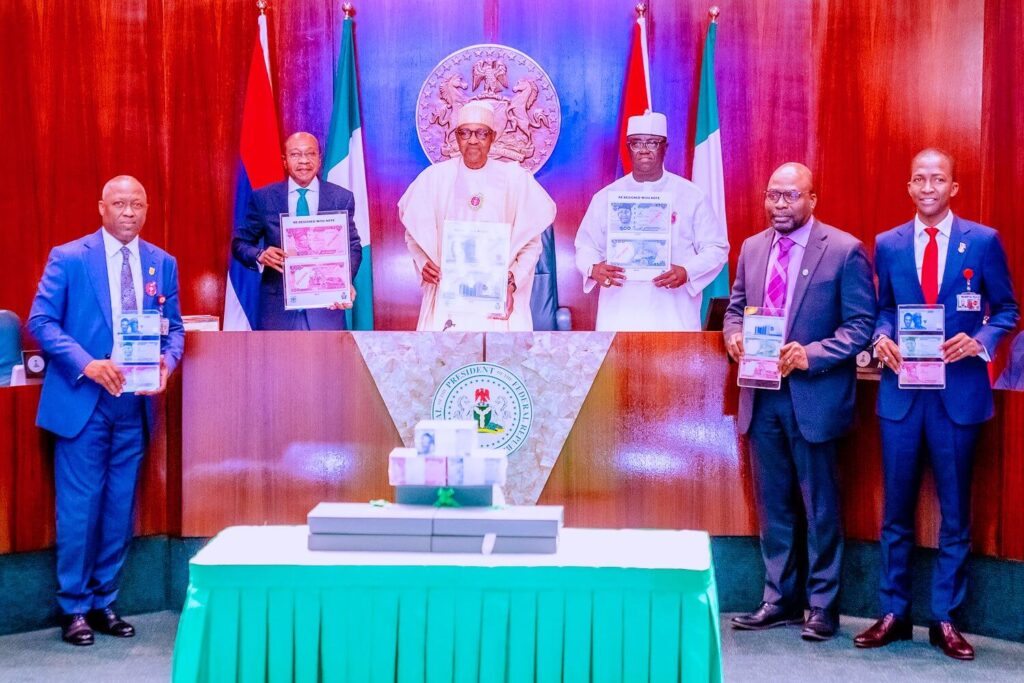In a comprehensive speech to bankers on Friday, Nigeria’s Central Bank Governor, Olayemi Cardoso, pledged to restore price stability and shore up the country’s weakened currency, indicating an imminent shift towards tighter monetary policy.
Cardoso, who took office in September, outlined the central bank’s commitment to achieving monetary and price stability by addressing institutional deficiencies, restoring corporate governance, strengthening regulations, and implementing prudent policies. He emphasized the need for banks to bolster capital levels and underscored the adoption of orthodox central banking practices.
“As part of this new focus, the CBN has just approved the adoption of an explicit inflation-targeting framework to enhance the effectiveness of monetary policy,” Cardoso announced, highlighting ongoing efforts to work out the framework’s details. He added, “The CBN will provide forward guidance, enhance transparency, and maintain effective communication with the public to anchor expectations.”

Delivered at the conclusion of an annual banking industry dinner, Cardoso’s speech was eagerly anticipated for insights into plans to combat rising inflation and currency depreciation. The Nigerian naira has experienced a roughly 40% decline against the dollar since June.
Cardoso, recognizing the urgency, stated that inflation would be effectively managed by tightening monetary conditions over the next two quarters. His stance underscores a commitment to preserving the autonomy of the central bank, even as calls for lower lending rates persist from President Bola Tinubu, aiming to stimulate economic growth.
While Cardoso did not hint at an imminent policymaker meeting, he highlighted that the law mandated the monetary policy committee to convene four times a year, a threshold already met for 2023. Since assuming office, Cardoso has hinted at a return to orthodox policies, emphasizing the need to control market liquidity in his speech.
Addressing the concerns of a weakened naira, Cardoso assured that the central bank was actively clearing a backlog of dollar demand. “We have initiated the payment of unsettled forward foreign-exchange obligations, and these payments will continue until all obligations are cleared,” he affirmed.
The surge in inflation, driven by escalating food and gasoline prices following reforms announced by Tinubu, including the end of a costly fuel subsidy and eased foreign-exchange controls, remains a significant economic challenge. Finance Minister Wale Edun, who spoke before Cardoso at the dinner, expressed optimism that the measures were yielding results, affirming the government’s commitment to “stay the course.”









